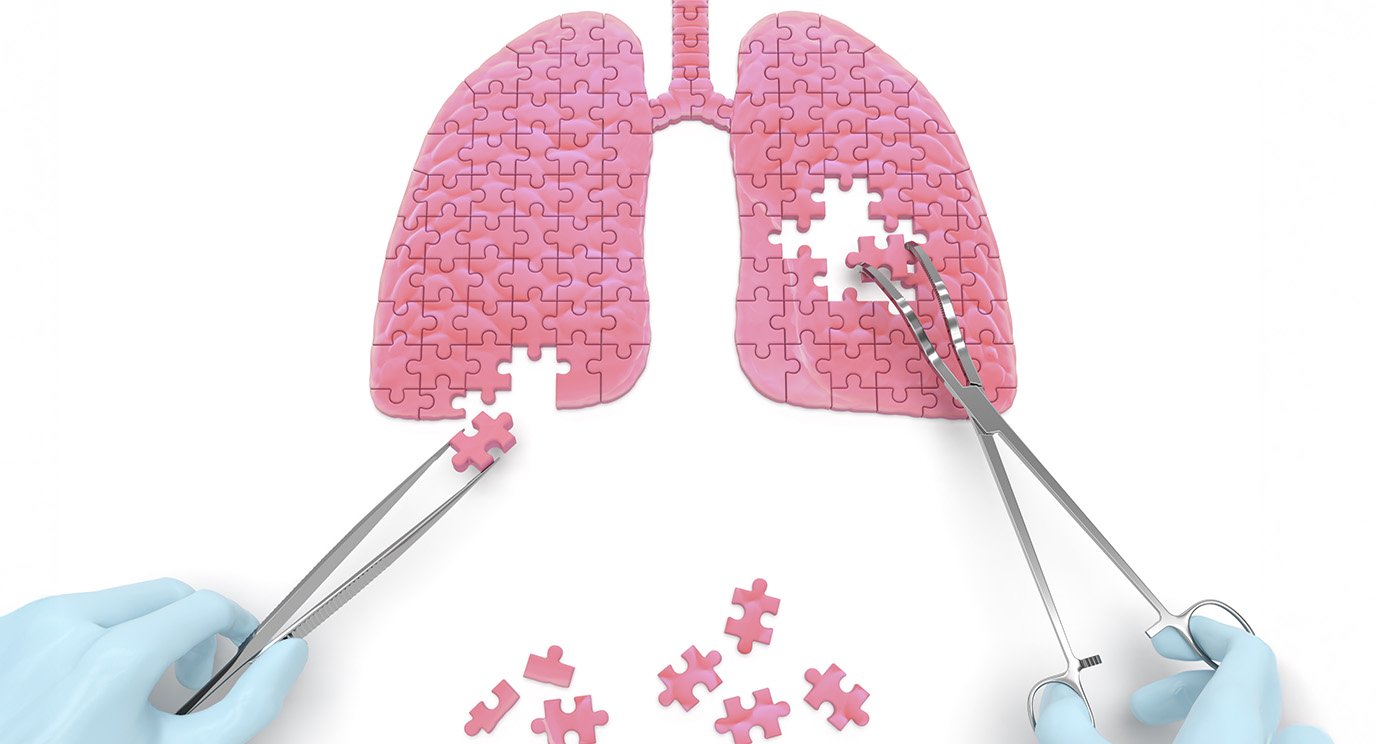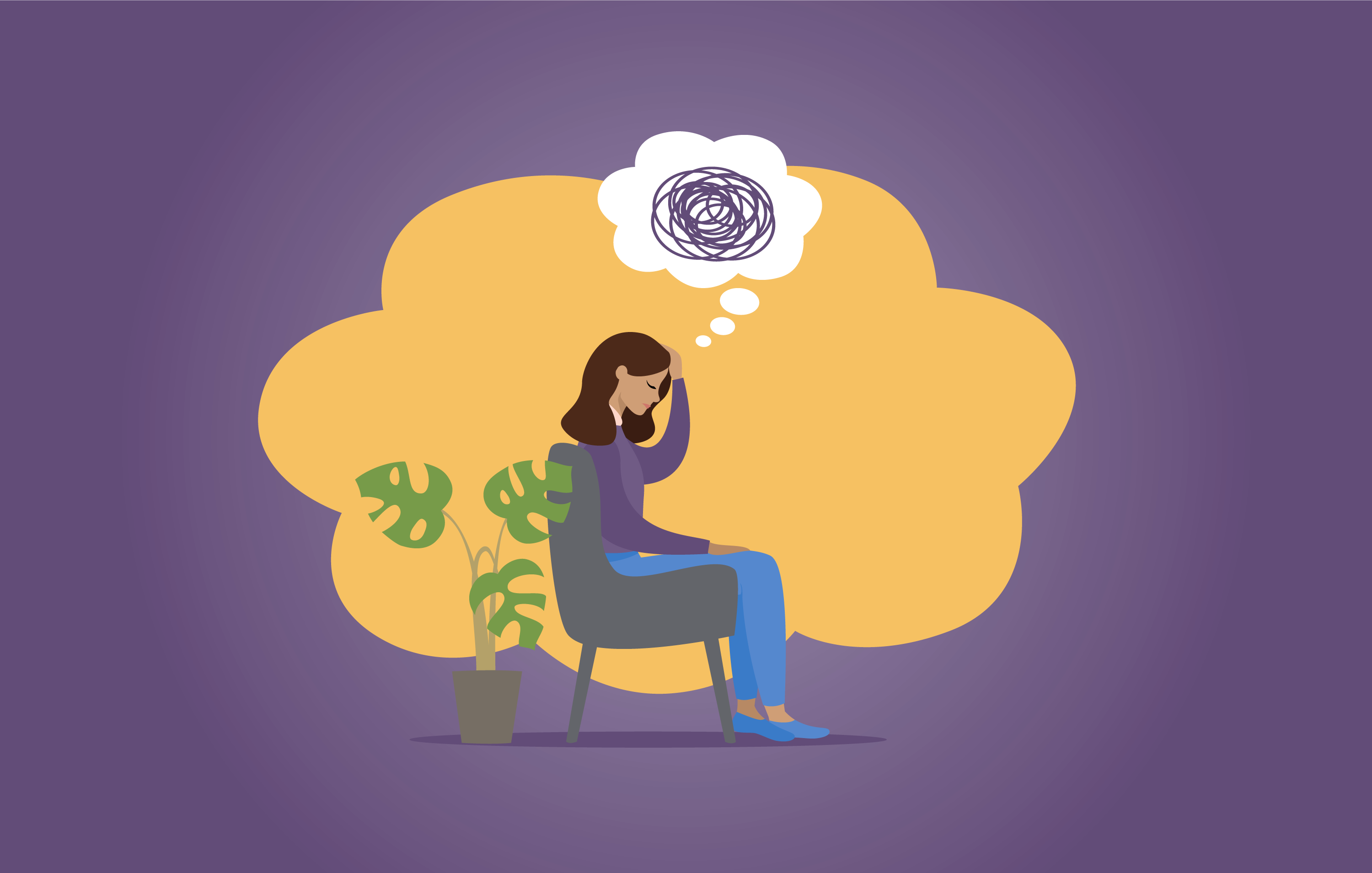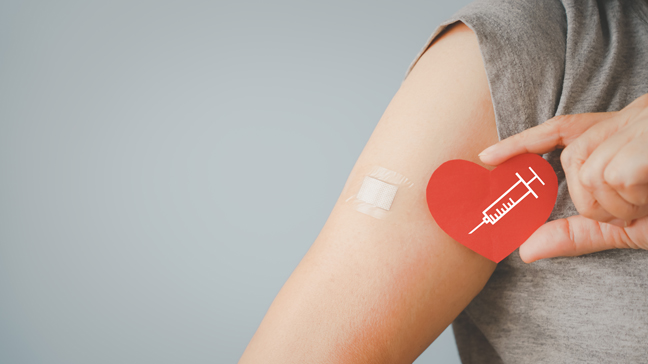- Diseases
- Acoustic Neuroma (16)
- Adrenal Gland Tumor (24)
- Anal Cancer (70)
- Anemia (2)
- Appendix Cancer (18)
- Bile Duct Cancer (26)
- Bladder Cancer (74)
- Brain Metastases (28)
- Brain Tumor (234)
- Breast Cancer (726)
- Breast Implant-Associated Anaplastic Large Cell Lymphoma (2)
- Cancer of Unknown Primary (4)
- Carcinoid Tumor (8)
- Cervical Cancer (164)
- Colon Cancer (168)
- Colorectal Cancer (118)
- Endocrine Tumor (4)
- Esophageal Cancer (44)
- Eye Cancer (36)
- Fallopian Tube Cancer (8)
- Germ Cell Tumor (4)
- Gestational Trophoblastic Disease (2)
- Head and Neck Cancer (14)
- Kidney Cancer (130)
- Leukemia (342)
- Liver Cancer (50)
- Lung Cancer (286)
- Lymphoma (278)
- Mesothelioma (14)
- Metastasis (30)
- Multiple Myeloma (100)
- Myelodysplastic Syndrome (60)
- Myeloproliferative Neoplasm (6)
- Neuroendocrine Tumors (16)
- Oral Cancer (102)
- Ovarian Cancer (178)
- Pancreatic Cancer (160)
- Parathyroid Disease (2)
- Penile Cancer (14)
- Pituitary Tumor (6)
- Prostate Cancer (150)
- Rectal Cancer (58)
- Renal Medullary Carcinoma (6)
- Salivary Gland Cancer (14)
- Sarcoma (238)
- Skin Cancer (300)
- Skull Base Tumors (56)
- Spinal Tumor (12)
- Stomach Cancer (66)
- Testicular Cancer (28)
- Throat Cancer (92)
- Thymoma (6)
- Thyroid Cancer (100)
- Tonsil Cancer (30)
- Uterine Cancer (86)
- Vaginal Cancer (18)
- Vulvar Cancer (22)
- Cancer Topic
- Adolescent and Young Adult Cancer Issues (22)
- Advance Care Planning (12)
- Biostatistics (2)
- Blood Donation (18)
- Bone Health (8)
- COVID-19 (360)
- Cancer Recurrence (120)
- Childhood Cancer Issues (120)
- Clinical Trials (628)
- Complementary Integrative Medicine (22)
- Cytogenetics (2)
- DNA Methylation (4)
- Diagnosis (238)
- Epigenetics (6)
- Fertility (62)
- Follow-up Guidelines (2)
- Health Disparities (14)
- Hereditary Cancer Syndromes (128)
- Immunology (18)
- Li-Fraumeni Syndrome (8)
- Mental Health (122)
- Molecular Diagnostics (8)
- Pain Management (62)
- Palliative Care (8)
- Pathology (10)
- Physical Therapy (18)
- Pregnancy (18)
- Prevention (936)
- Research (390)
- Second Opinion (78)
- Sexuality (16)
- Side Effects (616)
- Sleep Disorders (10)
- Stem Cell Transplantation Cellular Therapy (216)
- Support (408)
- Survivorship (328)
- Symptoms (182)
- Treatment (1788)
How to get genetic testing for cancer
5 minute read | Published March 26, 2021
Medically Reviewed | Last reviewed by an MD Anderson Cancer Center medical professional on March 26, 2021
Between 5% and 10% of cancers are hereditary. This means that the cancer is caused by a change in your genes called a genetic mutation.
Mutations are identified through genetic testing. If you are diagnosed with cancer and genetic testing shows that your cancer is caused by a mutation, it can affect your treatment options.
If you’re not a cancer patient, finding out you have a genetic mutation can help you take steps to reduce your chances of developing cancer or help your doctors find it early, when it’s most treatable. Identifying genetic mutations linked to cancer also can help your family members manage their own cancer risks.
So who can get genetic testing, and how do you go about it? Here’s what you should know.
At at-home genetic test may not effectively test for cancer
Genetic testing for cancer is different from at-home genetic tests that determine simple information like ancestry. It is an in-depth experience guided by a genetic counselor.
The genetic counselor will support you through the whole process, including how to decide if testing is right for you, which tests to get and how to interpret your results.
What to expect when you see a genetic counselor
The genetic counselor will review your family medical history and look for signs of genetic mutations.
“We look for people in your family who have been diagnosed with cancer at a young age, especially under 50, or several family members with the same type of cancer,” says genetic counselor Sara Wofford.
Not everyone needs genetic testing for cancer
Genetic testing is most often recommended for cancer patients, and close relatives of cancer patients who have been diagnosed with a genetic mutation. Your genetic counselor also may suggest genetic testing based on your family cancer history.
If your doctor doesn’t recommend genetic testing, you can still get it but your insurance may not cover it.
“Our role is not to prevent anyone from getting testing,” says Wofford. “We’re here to guide people and help them understand how helpful testing might be for them. And sometimes the answer might be not so much.”
Your genetic counselor will determine which tests you need
There are hundreds of hereditary gene mutations that can lead to cancer. Testing for all of them can lead to confusing results.
So your genetic counselor will look at the types of cancers in your family and only test for the corresponding genetic mutations.
This could include BRCA mutations that are linked to breast cancer and ovarian cancer. Another common set of mutations causes what’s known as Lynch syndrome. Lynch syndrome is linked to colon and uterine cancer.
“We help pick the best test for our patients,” says Wofford. “We find that tailoring to what's actually present in the patient and their family is the most appropriate way to approach genetic testing.”
Genetic testing is done by a blood test or saliva test
If genetic testing is recommended for you, your genetic counselor will refer you for a blood or saliva test.
It will be done on a different day at a lab, or you may be sent a saliva test in the mail, which you will complete and send back.
“Everyone has skin cells and blood cells in their saliva, and that means some people can stay home for testing,” says Wofford. “When you spit in that tube, they can use that sample to isolate the DNA and run that through their sequencing machinery.”
Prepare for three possible genetic test results
One of the biggest benefits of genetic testing through a genetic counselor is they will prepare you for three main types of results. Your genetic counselor will talk you through these possibilities before you undergo testing.
“Our goal is to limit the surprises. We want our patients to feel like they've already considered that possibility and have thought about what that would mean for them,” says Wofford.
1. Negative result: This is the most common result. It means that it is unlikely that your cancer is genetic, or that you are at risk of a hereditary cancer. But your cancer risk may still be higher than others if you have several family members who have had cancer.
“This may be what we call familial cancer. That is when a family has more cases of a type of cancer than we expect,” says Wofford. “This can be caused by shared lifestyle or environmental factors, or it could be genetic factors that we may not yet understand.”
2. Variance of unknown significance: This result means that something unique has been found in your genes, but it is not known to be linked to increased cancer risk
“We treat these results as negative until we have more information because, in most cases, we find out there's nothing there to be concerned about,” says Wofford.
3. Positive result: This means you have been found to have a genetic mutation that increases your risk for cancer. The increased risk can range from a minor change to a big increase in your chances of developing cancer.
What will happen if your test results are positive for a genetic mutation?
If your test results show that you have a genetic mutation that puts you at high risk for a specific type of cancer, you will be referred to an oncologist who will talk with you about next steps.
You may need more frequent cancer screenings or have to make lifestyle changes to reduce your risk. If your risk for cancer is greatly increased by a genetic mutation like BRCA, your physician may talk with you about preventive surgery.
“There's a whole universe of positive results,” says Wofford. “We will be there to walk you through the emotions and help you reconcile what we've discovered. So we're there on the back end.”
Request an appointment at MD Anderson online or by calling 1-877-632-6789.

We will be there to walk you through the emotions and help you reconcile what we've discovered.
Sara Wofford
Genetic Counselor






